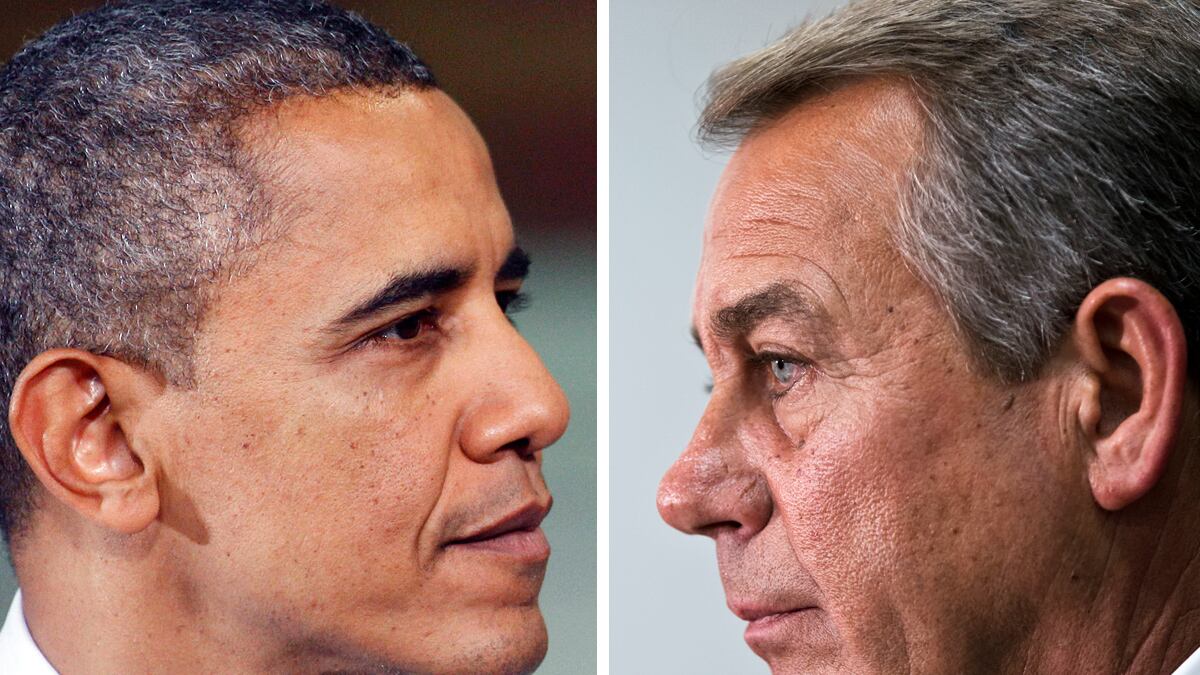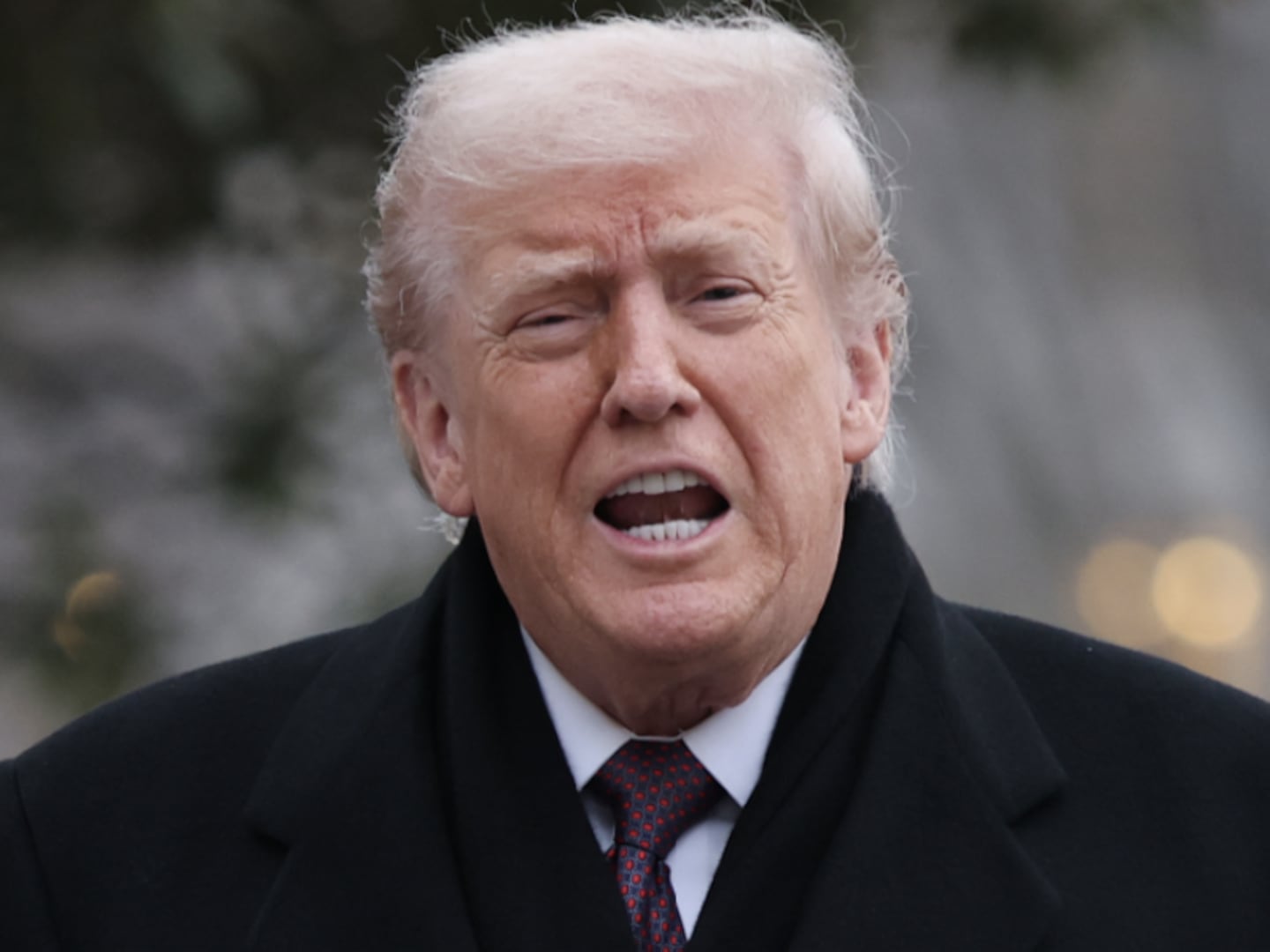From the outside, it must appear that Washington is gripped by high drama as the country faces the daunting prospect of plunging over the fiscal cliff.
Um, not exactly.
We’re as bored as the rest of the country. People aren’t chatting about this at the coffee machine or arguing the angles over lunch. The cliff notes are just background noise, humming along at far lower volume than the roar that greeted Robert Griffin III’s latest Redskins performance.
It’s not just that the budget negotiations are far less sexy than, say, Kate Middleton having a baby or David Petraeus’s Gmail account. This is Beltway territory; we thrive on dull-as-dishwater debates.
And it’s not just that sophisticated news consumers have divined that the fiscal cliff isn’t really a cliff, that the country won’t plunge into a recession on Jan. 1 even if taxes go up and spending is slashed, as a compromise can always be hammered out in the following weeks.
The real reason for the mass tune-out is that the players haven’t gotten serious. This is like the layup drills before an NBA game, and no one is keeping score. Both President Obama and John Boehner’s Republicans are in the posturing phase, playing to their bases, and offering virtually nothing to the other side.
Here’s what passes for news: John says the talks are going nowhere. John refuses to take a holiday photo with Barack. Wait, Barack and John are talking on the phone and excluding Mitch and Nancy! Hey, John and Barack huddled at the White House on Sunday—that must mean something, right?
So it’s less of a negotiation than, as Bill Clinton says, a kabuki dance. And how enticing is that? I’ve talked to reporters who keep telling their editors they should not file a report that day because nothing was happening beyond a little more hot air.
For the moment, both sides are merely going through the motions. Obama proposes bigger tax hikes and says the Republicans should get specific about spending cuts. Boehner refuses to raise tax rates and proposes taking a huge chunk out of health-care entitlement programs. Neither side has given more than an inch or two. The Democrats seem perfectly willing to let the cliff deadline pass, as that would give them more leverage in coming back with a tax-cut plan once levies have gone up. Some Republicans, though, are making noises about at least extending tax cuts for the 98 percent.

Of course, as Christmas approaches, the two parties may decide it’s in their interest to cut a deal, even if it’s a short-term fix. That’s how Washington works; nothing happens until the clock is winding down and Congress wants to go on vacation. The smart money says both sides will be pressured into some papered-over agreement because they’ll both look awful if nothing is done. Well, maybe.
One reason this stuff is stupefying is that it’s the same debate that we were subjected to throughout the presidential campaign, with its endless arguments about taxes. And aren’t elections supposed to settle big questions?
In the last major budget showdown, in the summer of 2011, Washington was utterly caught up in the drama. Because the Republicans, by refusing to raise the debt ceiling, were threatening to push the country into default, everyone here was constantly buzzing about the battle. This was an unprecedented act of confrontation, and the consequences were all too real. Every leak and maneuver was fraught with meaning, right up to the last-minute deal that averted the apocalypse—and laid the groundwork for the automatic cutbacks and tax hikes now set to begin after New Year’s.
This is, of course, a faux crisis, artificially created, the handiwork of politicians who could easily undo it with a little bit of compromise. That’s why it makes such a lousy spectator sport, even if you live in the home arena.






